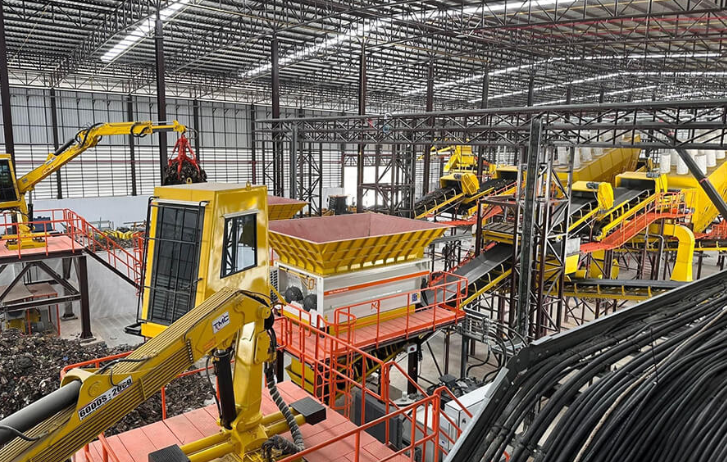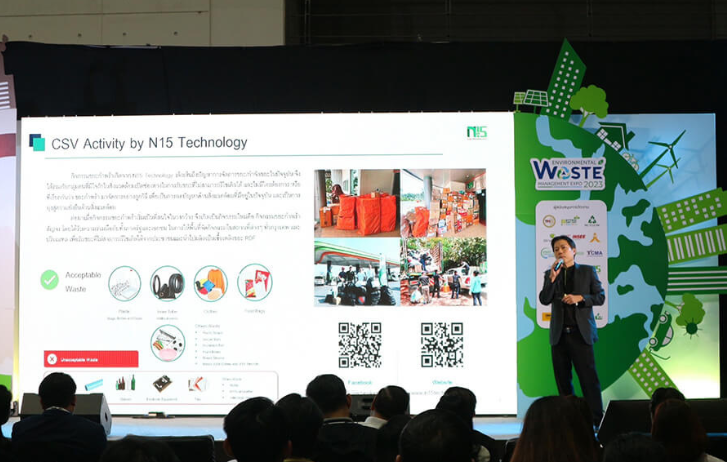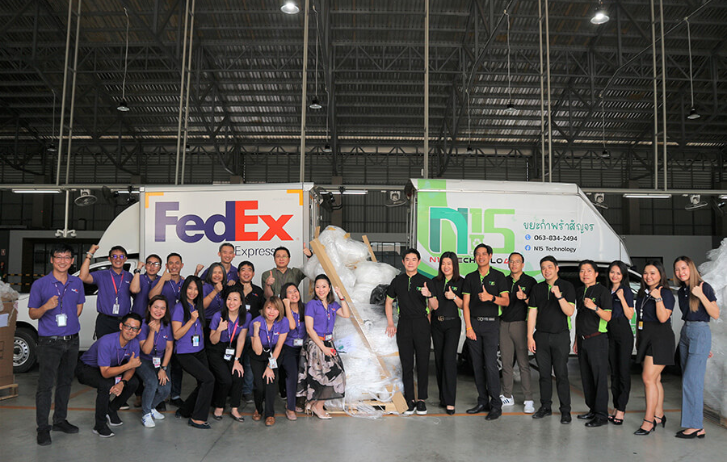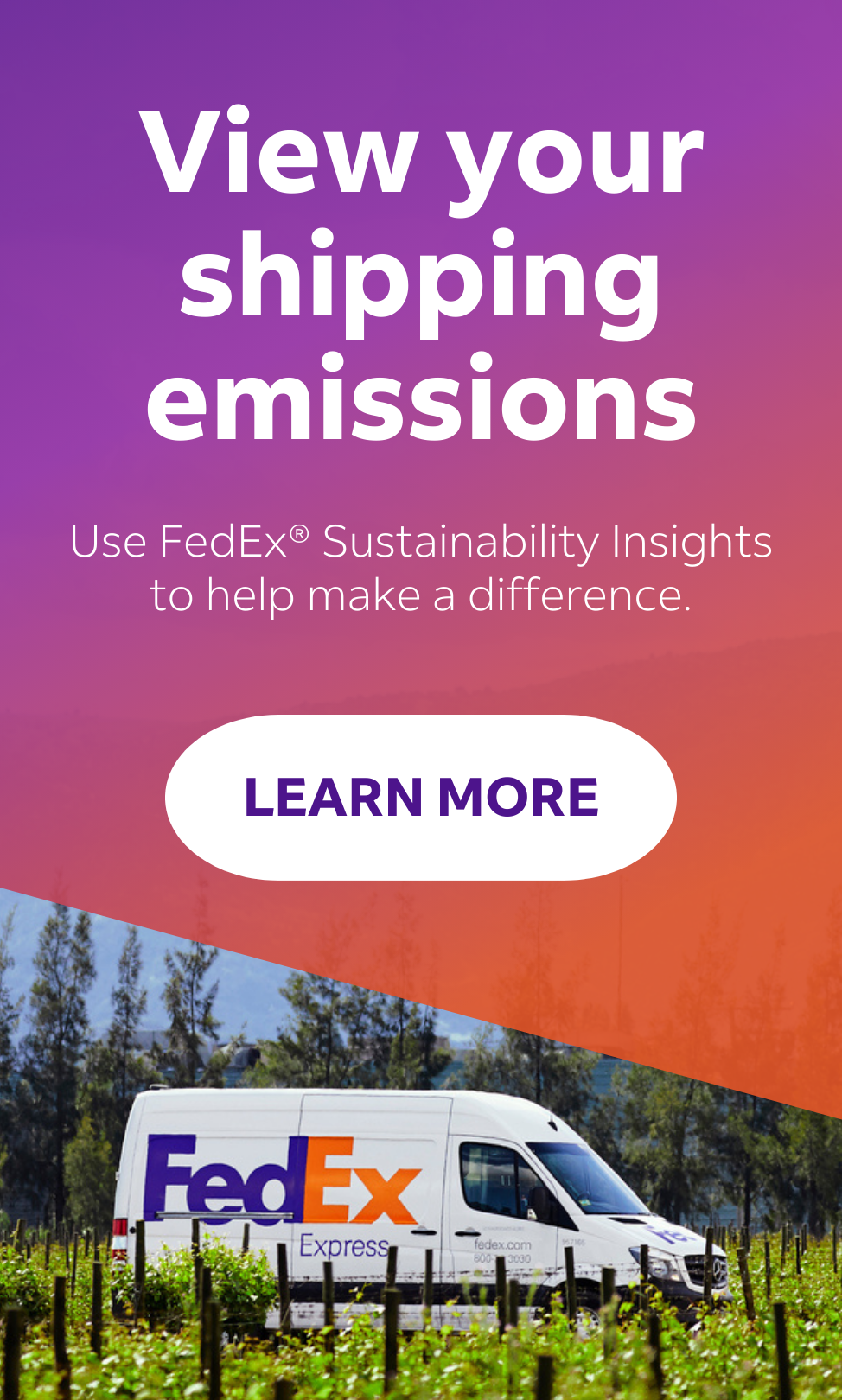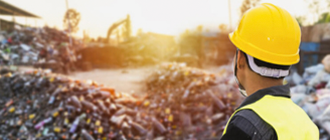
How To Tackle Thailand’s Waste Management Challenges
By FedEx | First published: May 14, 2024 Updated: February 26, 2025
For decades, waste management has remained a challenge across Southeast Asia. In Thailand, N15 Technology is tackling the issue head-on, offering solutions for a cleaner, more sustainable tomorrow.
- Asia Pacific is one of the most challenging regions globally for waste management.
- The close-knit geography of Southeast Asia also means that collective, cross-border efforts are crucial for promoting cleaner ecosystems.
- With an urgent need for responsible solutions, start-ups like N15 Technology are using tech-driven innovations to improve waste management in urban and rural areas.
Southeast Asia is one of the world’s most popular tourist destinations, with countries like Thailand and Vietnam famous for their beautiful beaches, lush mountains, forests, and vibrant wildlife.
But over-tourism, along with rapid population growth, urbanization and economic development, is posing major waste management challenges for the region as a whole. As concerns for the environment grow, there is an urgent need for innovative solutions to manage waste responsibly and sustainably. In Thailand, N15 Technology is spearheading efforts to combat waste accumulation and its harmful impact on the planet.
The current situation: How does Thailand manage its waste?
The region's rapid population growth and economic expansion have fueled a surge in waste production. Projections indicate that by 2030, Southeast Asia could generate up to 300 million tons of waste, with plastic waste one-tenth of all waste generated.
In Thailand alone, the past three years have seen an average of 25.7 million tons of municipal waste annually, of which more than a quarter are improperly disposed of.
Improperly managed waste creates problems for society and our ecosystems. From serving as breeding grounds for disease-causing organisms to contributing to environmental pollution and greenhouse gas emissions, the consequences are far-reaching.
Diseases such as hepatitis, typhoid, and HIV can proliferate in areas with inadequate waste management, posing threats to public health. The accumulation of plastic waste increases environmental degradation, further exacerbating the global waste crisis.
On a mission to drive sustainable waste management in Thailand
N15 Technology is a sustainable waste management company founded in 2014 to tackle non-hazardous waste. The Bangkok-based company uses innovative technologies to convert discarded materials into refuse-derived fuel (RDF), with a goal of recycling up to 500,000 tons of waste annually.
By recycling waste into energy fuel for cement kilns and power plants, the company helps reduce the environmental risks associated with improper waste disposal. By providing alternative waste management solutions, they help lessen the burden on landfills and reduce greenhouse gas emissions, including methane.
N15 has launched an Orphan Waste program to collect waste from the public, government, and private sectors for recycling. As part of the program, N15 also provides educational talks and videos on environmental issues caused by waste, and proposes waste management solutions to address these problems.
How businesses large and small can address waste management
Responsibility for waste management extends beyond governments and individuals. Businesses also contribute significantly to waste generation. Recognizing this, businesses can adopt practices to manage and reduce waste responsibly.
This includes proper waste segregation, recycling initiatives, and adherence to environmental standards. By integrating environmental considerations into their operations, businesses can reduce their environmental impact and foster a culture of sustainability in their local communities.
Teaming up for positive impact
N15 Technology takes a collaborative approach to global waste issues. By teaming up with organizations like FedEx, N15 Technology can amplify its impact, reaching broader segments of society for greater environmental and societal benefits.
At FedEx, our approach to sustainability focuses on three key areas: Reduce, Replace, and Revolutionize, which are closely aligned with N15's goals. We collaborated with N15’s Orphan Waste program, recycling over 3,500 kg of waste, such as plastic wraps, label stickers, and paper cores from our operations, into refuse-derived fuels (RDF) for cement kilns.
Innovative solutions for industrial waste management
When it comes to industrial waste management, there are several ways businesses can minimize their environmental footprint. Beyond meeting the minimum compliance requirements, companies can implement waste separation practices and explore avenues for waste repurposing.
For instance, the non-recyclable waste that N15 processes into RDF can be used as a sustainable alternative to coal. Food waste can be converted into fertilizers, closing the loop on waste disposal and contributing to the circular economy.
Collaboration is key to success in the quest for sustainable waste management. If businesses, governments, and individuals unite in the fight against waste, the path towards a cleaner, greener planet will become easier to tread.
SHARE THIS STORY
- Generative AI: A New Frontier
- How To Ship A Giant Panda
- How To Make Freight Shipments Work For Your Small Business
- The Rise Of Intra-Asia Trade: Opportunities In The China-Southeast Asia Corridor
- Where Do Old Planes Go When They Retire?
- What’s So Dangerous About Coconuts? Your Guide To Dangerous Goods Logistics
Sign up now and save on your shipping rates!
Sign up now and earn discounts by shipping instantly with FedEx Ship ManagerTM at fedex.com.
Recommended For You
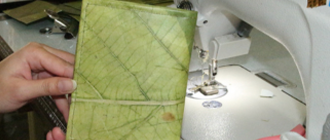
How This Thai Entrepreneur Makes Leather From Leaves
Meet Mr. Leaf: the Thai social enterprise creating vegan leather alternatives using natural teak leaves.
Read More
How We Recycled Old Uniforms Into New Caps In Thailand
At FedEx, we’re working hard to put sustainability at the center of our business.
Read More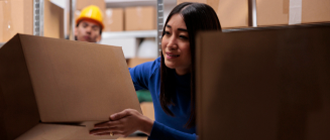
How To Avoid Shipment Delays For Thai Importers
Thai businesses typically face import shipment delays due to complex customs procedures. Navigating regulations properly can unlock smoother imports.
Read More